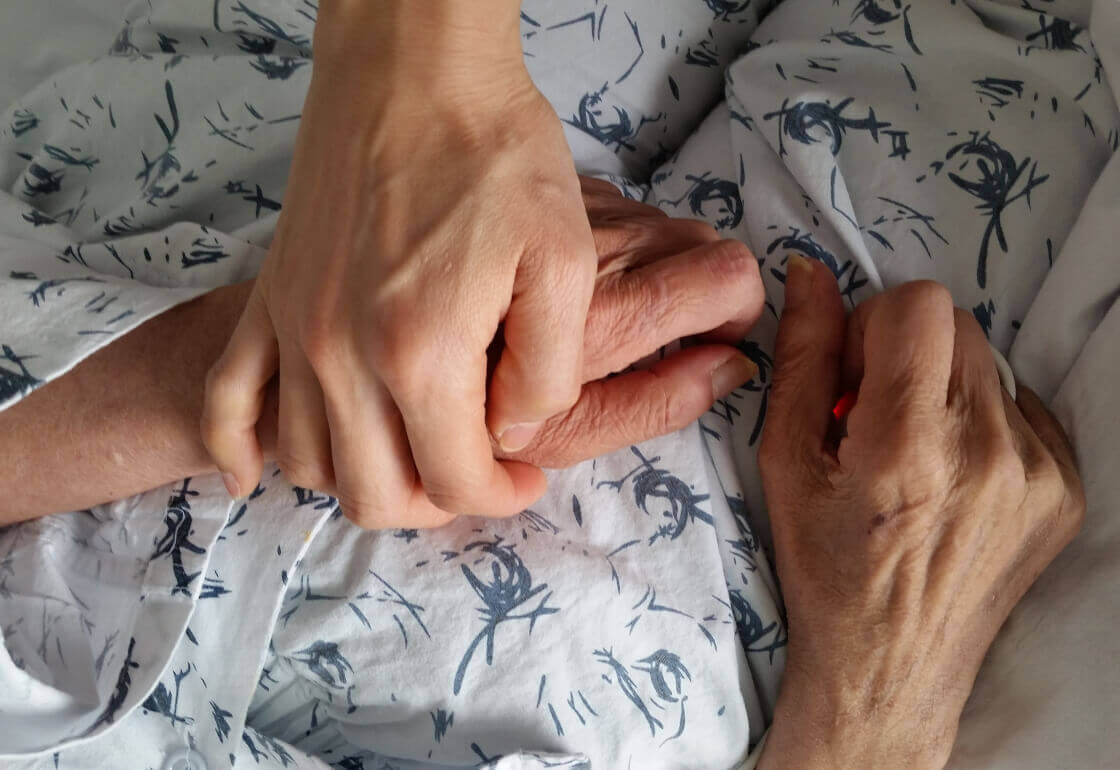Difficult Conversations (3) - How to Discuss End of Life

Managing Partner, Head of Private Client

Difficult Conversations No 3
How to discuss End of Life
We all know that an emotional response to anything is not the same as we would make when we are not upset. And yet many of us do not think ahead to putting our wishes in place for the end of life when we are fit and well, and young. And we do not feel comfortable asking our elder loved ones what they would want. Why is this? Why do we find this a difficult conversation?
To support someone at the end of their life knowing that you are helping them is an absolute privilege and something we want to do for those we care about. It is an act of love. But so often we are left wondering what they would want.
How do you start those conversations? Perhaps start with thinking what you would want and putting those measures in place? Then share that you have done so. It is one way.
And how do you put your own end of life wishes in place? What things do you have to think of? We all know that a Will is one way; this will determine who is responsible for dealing with your assets when you die (the Executor), perhaps also your funeral arrangements. But what about the bit just before the will kicks in?
Lasting Powers of Attorney are very much in the news now. However, we think of LPAs for finances and not so much for Health & Welfare. Did you know that you can give your attorney the right to end life sustaining treatment on your behalf? Equally, you can appoint them to make all health and welfare decisions if you cannot do so, but you can restrict them when it comes to the end of life.
You can also make an Advance Directive (special provisions must be made if you also have an LPA for Health & Welfare). This is a formal request to your medical team to withdraw life sustaining treatment if you reach a certain level of illness and you must acknowledge that your life will be at risk.
Are we afraid that talking about death and the days leading up to it will somehow bring it to our door? We all know that is not the case.
Equally I have seen older people wanting to speak to their children about these issues, and their children responding but shooing the subject away telling their parents that they don’t want to think about it.
Let’s change the narrative. Let’s talk to each other about the end of life we want for ourselves and for each other.
This week is Update Your Will Week (UYWW) - a good time to start.
At Giles Wilson we are members of the Association of Lifetime Lawyers; contact us on 01702 477106 or email to [email protected]




